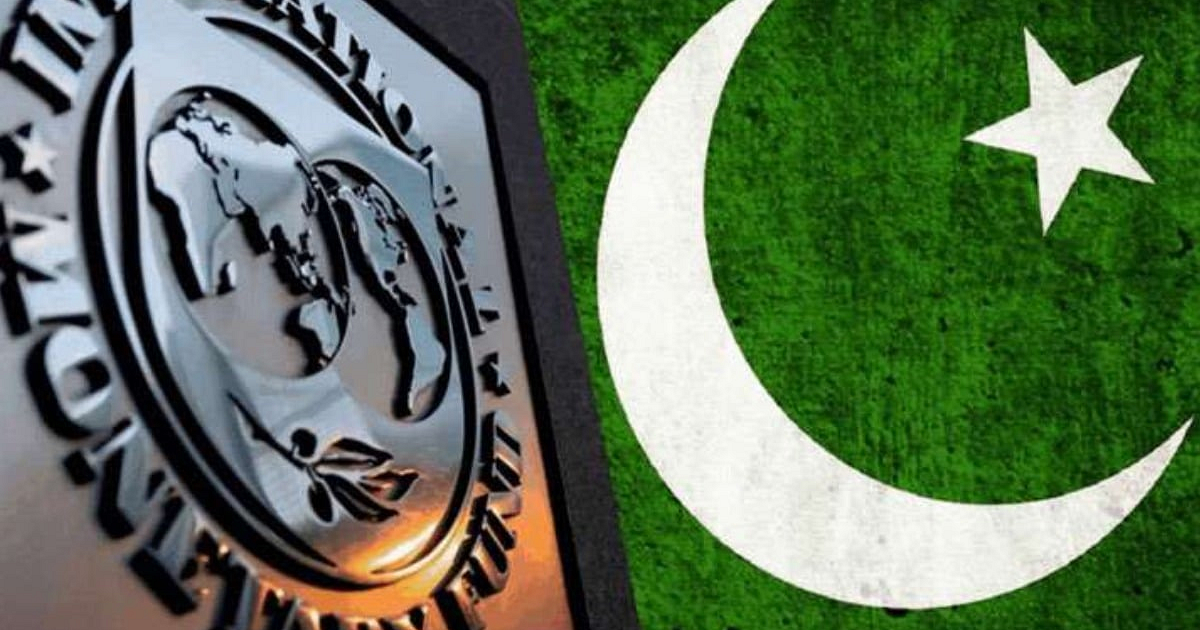Trisha Ghosh, Pune
Pakistan has received a bailout by the International Monetary Fund (IMF) of $7 billion. This agreement will span 37 months and has provided aid to the country’s economy, which is undergoing multiple challenges. However, it has not helped in securing stability, economic growth and fiscal capacity for public spending.
The measures imposed by the IMF dictate that Pakistan maintain ‘fiscal austerity’, including reforms to increase economic competition and productivity and investments in climate change programmes. These limit opportunities to invest in education, health and general social welfare, especially with Pakistan’s large population.
Under the agreement and the subsequent conditions posed by the IMF, the Pakistani government has increased tax rates by 40 percent. This has led to protests by people, who are struggling under the ongoing economic crisis. Political issues and natural disasters such as floods have only aggravated these difficulties.
Prices of crucial goods and services including milk and electricity have increased for many households. A large number of people spend more than 50 percent of their incomes on food. As per Niaz Muhammad, a seller from Islamabad, purchasing power has fallen.
Pakistan is now the country with the highest inflation rate in Asia. Muhammad Aurangzeb, the nation’s finance minister, mentioned the ‘transitional pain’ as a result of the bailout in a local interview, calling for major ‘structural reforms’. The IMF, for its part, has only reinforced the terms and conditions of the agreement. It was stated by Esther Ruiz, the resident representative of the lender, that Pakistan has seen improvements in certain economic parameters throughout the past year and that such changes can be maintained.
However, Pakistanis are panicking due to the sudden jump in tax rates. Critics expect that there may be mass mobilisation for a new government. It is common to see protesters on roads expressing their anger at Prime Minister Shebaz Sharif, declaring that the government has only ‘looted’ them for years. If social unrest persists, the implementation of the reforms demanded by the IMF will only become more difficult.
Private businesses and exporters are also facing challenges, with a corporate tax rate of 30 percent. Multinational corporations have begun something called “shrinkflation.” Examples of this include companies like Nestle and Procter & Gamble reducing the amount of products purchased, and smaller loaves of bread being sold instead. The government also plans to raise taxes in both the retail and agricultural sectors.
In addition, car sales are at a two-decade low, whereas air conditioners have become much more expensive over the past two years. It also does not help that Pakistan is experiencing brain drain, with highly educated people of the labour force migrating out of the country at high rates. The new tax policies may allow for a decrease in inflation, but will only contribute to the economy’s poor state in the long run.
This IMF agreement is the 25th time Pakistan has received financial aid with bailouts since its Independence.
